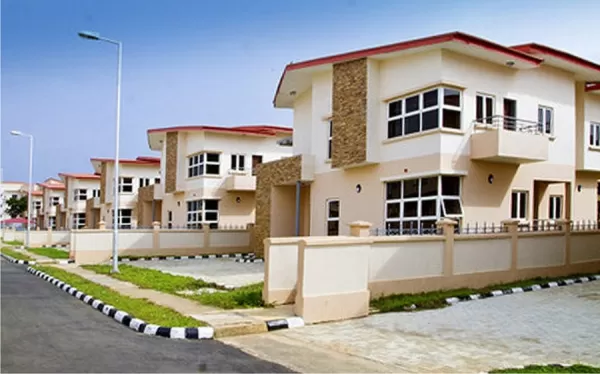Why Property Condition Is a Big Issue for Buyers in Nigeria

In Nigeria’s dynamic real estate market, the condition of a property plays a pivotal role in influencing buyer decisions. While location, price, and legal documentation are often at the forefront of considerations, the physical state of a property remains a critical factor that can make or break a deal. Homers.ng examines some of the underlying issues related to how property condition contribute to its prominence as a major concern for Nigerian buyers
- Prevalence of Poor Infrastructure and Maintenance
- Impact on Property Value and Investment Return
- Cost of Renovation and Information Asymmetry
- Conclusion
Prevalence of Poor Infrastructure and Maintenance
Many properties in Nigeria, especially older buildings and those in less developed areas, suffer from poor maintenance and infrastructure neglect. Issues like leaking roofs, faulty plumbing, inadequate electrical wiring, and deteriorating structures are common. Buyers are often wary of investing in properties that may require significant repairs, which can be costly and time-consuming
The safety of a property is paramount. Buyers are increasingly cautious about structural integrity, especially in regions prone to natural challenges such as heavy rains and flooding. Buildings with compromised foundations or weak materials pose risks of collapse or damage, deterring potential buyers who prioritize safety
Impact on Property Value and Investment Return
The condition of a property directly affects its market value. Well-maintained properties tend to command higher prices and attract more competitive offers. Conversely, properties in poor condition may be undervalued, discouraging buyers from making immediate investments. This concern is heightened in Nigeria, where the resale and rental markets are sensitive to property quality.
Many properties in Nigeria are acquired without proper documentation or do not meet the required building codes and standards. Buyers worry about future legal complications if the property’s condition violates zoning laws or building regulations. This adds an extra layer of caution, as poorly maintained or unregulated properties may lead to legal disputes or demolition threats.
Cost of Renovation and Information Asymmetry
For many Nigerian buyers, the cost of renovating or repairing a property can be a significant deterrent. Properties requiring extensive refurbishments may not be financially feasible for average buyers, especially when the initial purchase price is close to market value. This makes the condition of the property a crucial factor in affordability and overall investment viability.
In Nigeria, property condition also intersects with cultural expectations around home aesthetics and comfort. Buyers often seek homes that are move-in ready or require minimal repairs, aligning with personal standards and lifestyle preferences. Poorly maintained properties are less attractive and can diminish the perceived value of the home.
The Nigerian real estate market sometimes suffers from limited transparency and incomplete information about property conditions. Buyers may have to rely on inspections, reports, or personal visits, which can be challenging due to logistical or informational barriers. This uncertainty amplifies concerns over property condition, making it a significant issue during transactions.
Conclusion
In Nigeria’s real estate landscape, property condition remains a critical determinant of buyer interest and confidence. Addressing these concerns requires concerted efforts from developers, property owners, and regulatory bodies to ensure properties are well-maintained, compliant, and safe. For buyers, diligent inspections and thorough due diligence are essential to mitigate risks associated with poor property conditions. Ultimately, improving property standards will foster a more transparent, trustworthy, and attractive real estate market in Nigeria.
